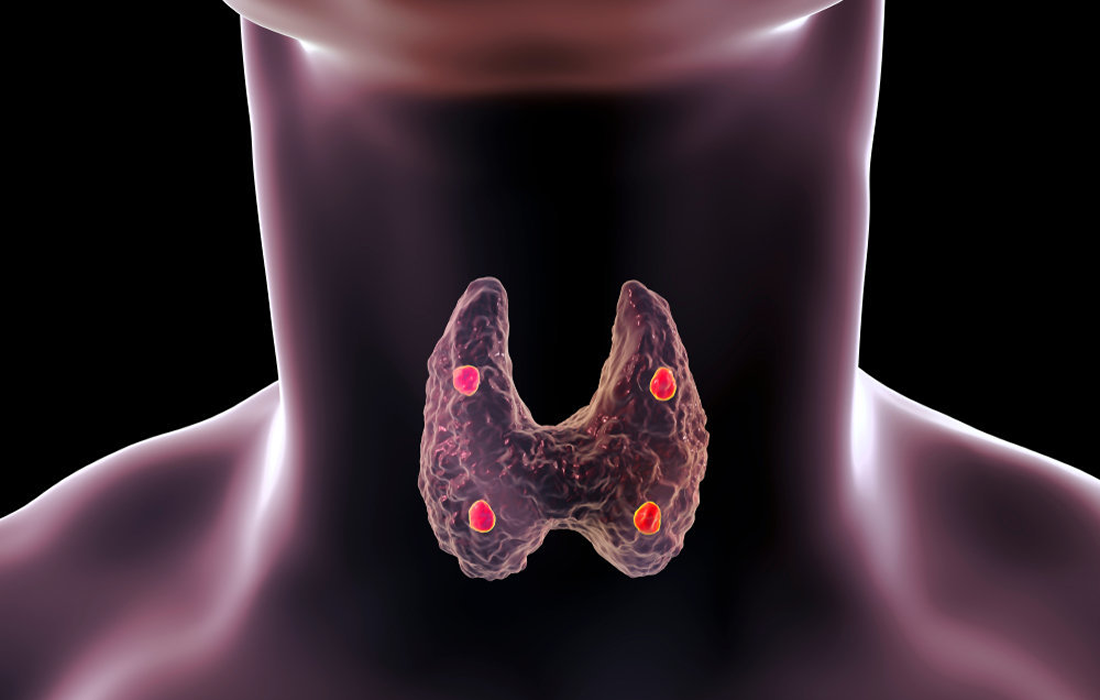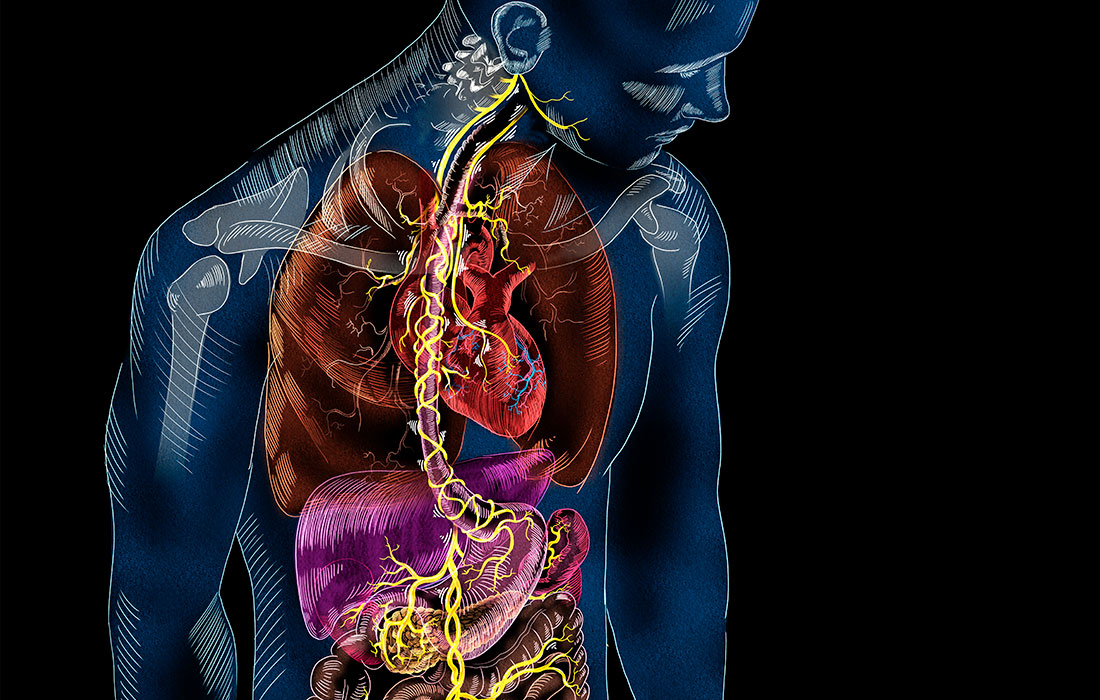Scientists have recorded the first direct evidence that babies react differently to various smells and tastes while in the womb by looking at their facial expressions. A study led by Durham University’s Fetal and Neonatal Research Lab, UK, took 4D ultrasound scans of 100 pregnant women to see how their unborn babies responded after being […]
Category Archives: Regenerative Medicine News and General Information
The parathyroid glands usually are four delicate structures 3–4 mm in size, situated close to the thyroid gland, and functionally maintain calcium homeostasis by secreting parathyroid hormone (PTH). Calcium is an essential element for the nervous, muscular, and skeletal systems. Parathyroid glands consist of chief and oxyphil cells; the former express calcium-sensing receptors (CaSR) and […]
Stargardt disease is the most common form of inherited juvenile macular degeneration. It is caused by a deterioration of the eye’s macula. The condition typically develops during childhood or adolescence, but sometimes does not cause vision problems until later in life. The macula is part of the retina that is responsible for color perception and […]
Degenerative nerve diseases affect many of your body’s activities, such as balance, movement, talking, breathing, and heart function. Many of these diseases are genetic. Sometimes the cause is a medical condition such as alcoholism, a tumor, or a stroke. Other causes may include toxins, chemicals, and viruses. Degenerative nerve diseases can be serious or life-threatening. […]
Colorectal cancer remains a disease with high mortality rates in advanced stages. In recent years, numerous research findings have improved early diagnosis and therapy, although unfortunately not all patients respond adequately to novel therapeutic approaches. Current research suggests that one characteristic of tumor diseases is immune dysfunction: immune cells that are supposed to fight the […]
Reactive oxygen species are highly reactive chemicals formed from oxygen. They serve as prime signals of cellular dysfunction that contribute to diseases. Secretion of reactive oxygen species in the intestine is necessary for maintaining stem cell function and important for wound repair; however, it can cause inflammatory effects as well. The Mount Sinai team found […]
Pigmentation in our skin is caused in part by a group of substances known as melanin, which are produced by skin cells called melanocytes. When melanocytes are damaged or reduced in number, this leads to either increased or limited melanin production, resulting in pigmentation disorders. Typically, these melanin changes are long term, localized, and uneven […]
Epidemics of pain and opioid abuse underscore the need for new nonopioid therapeutics to treat pain. Many nonopioid receptors are involved in pain processing (nociception), but only a few have been validated therapeutically. Of particular interest is the α2A-adrenergic receptor (α2AAR), a G protein–coupled receptor (GPCR) whose activation in the central nervous system has pain-relieving […]
Neurons that sense pain protect the gut from inflammation and associated tissue damage by regulating the microbial community living in the intestines, according to a study from researchers at Weill Cornell Medicine. The researchers, whose report appears Oct. 14 in Cell, found in a preclinical model that pain-sensing neurons in the gut secrete a molecule […]
Each year, 700,000 people die due to antibiotic resistance. A growing global population unfortunately generates a growing resistance to established antibiotic treatments , a threat that has been met with insufficient funding and dwindling inspiration, as commercial incentives for developing new antibiotics have fallen. New antibiotic approach A new study by investigators from Brigham and […]










